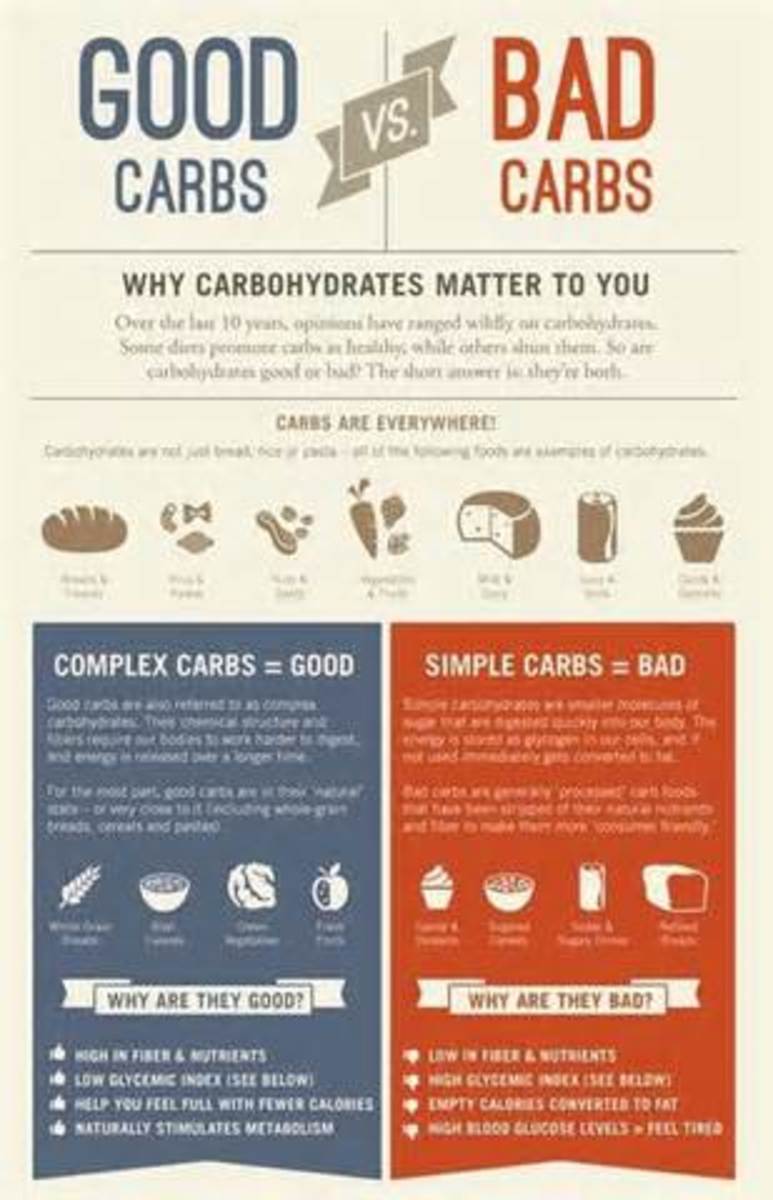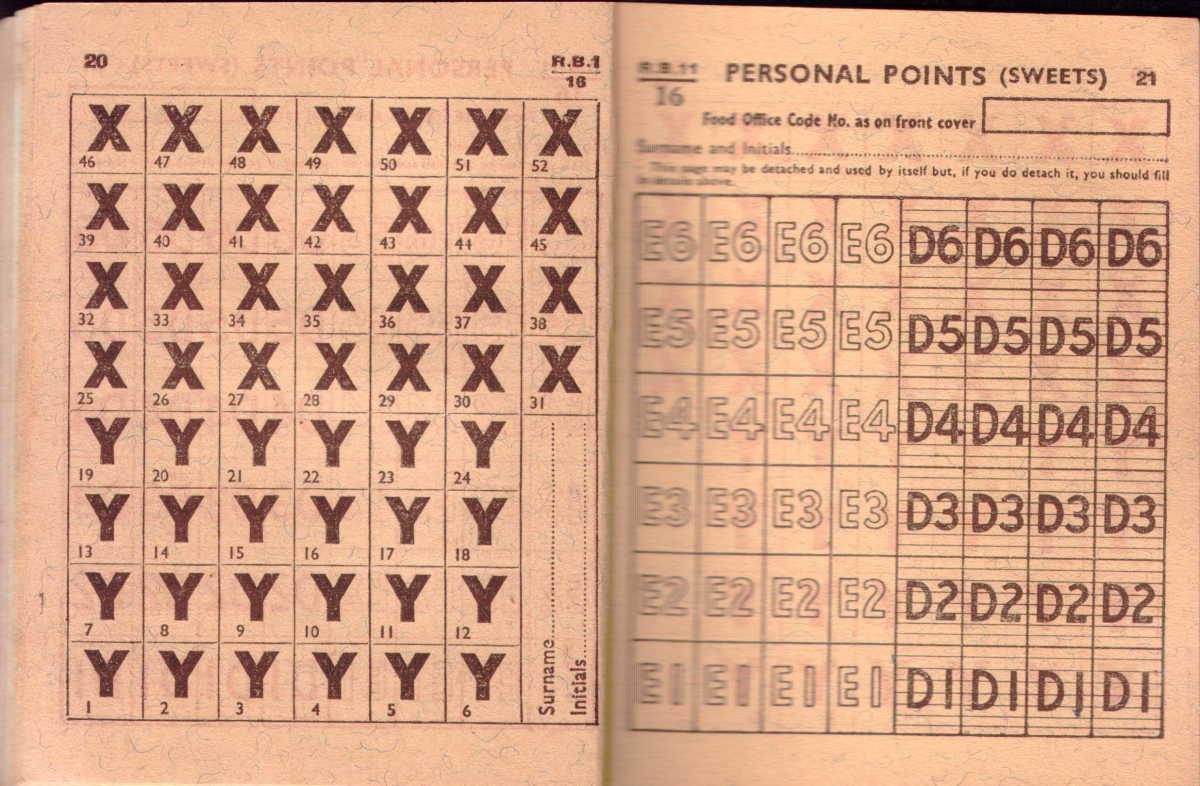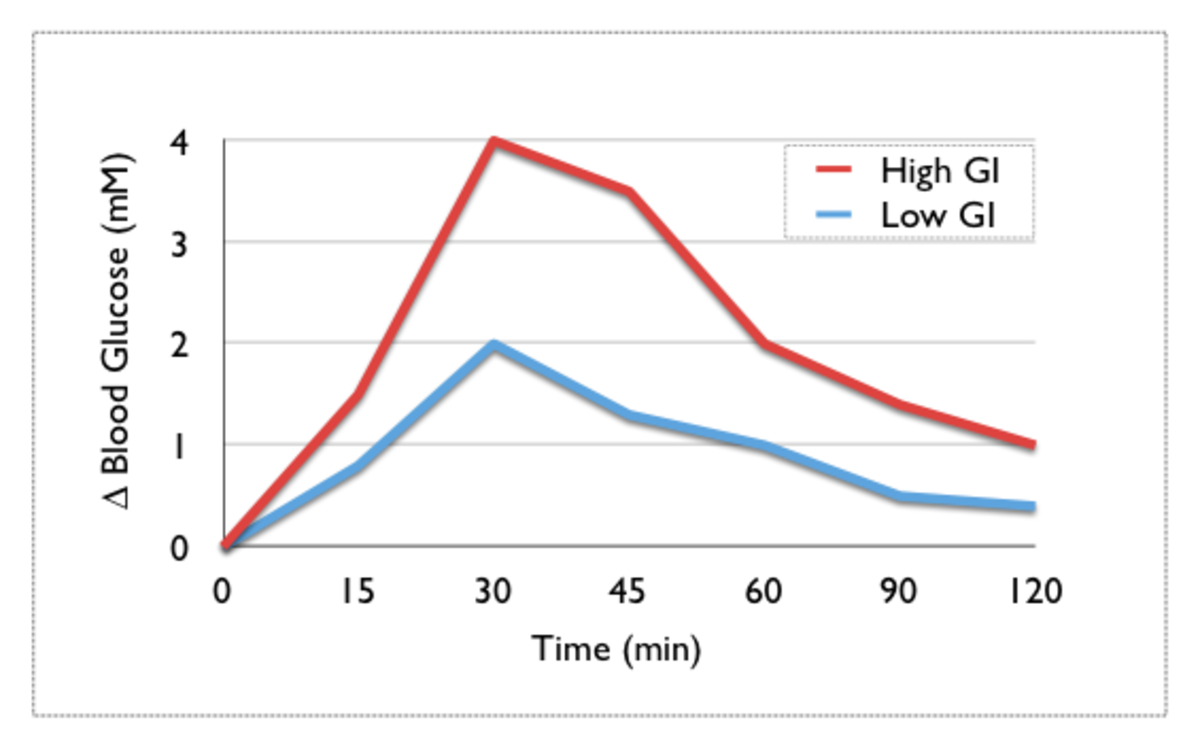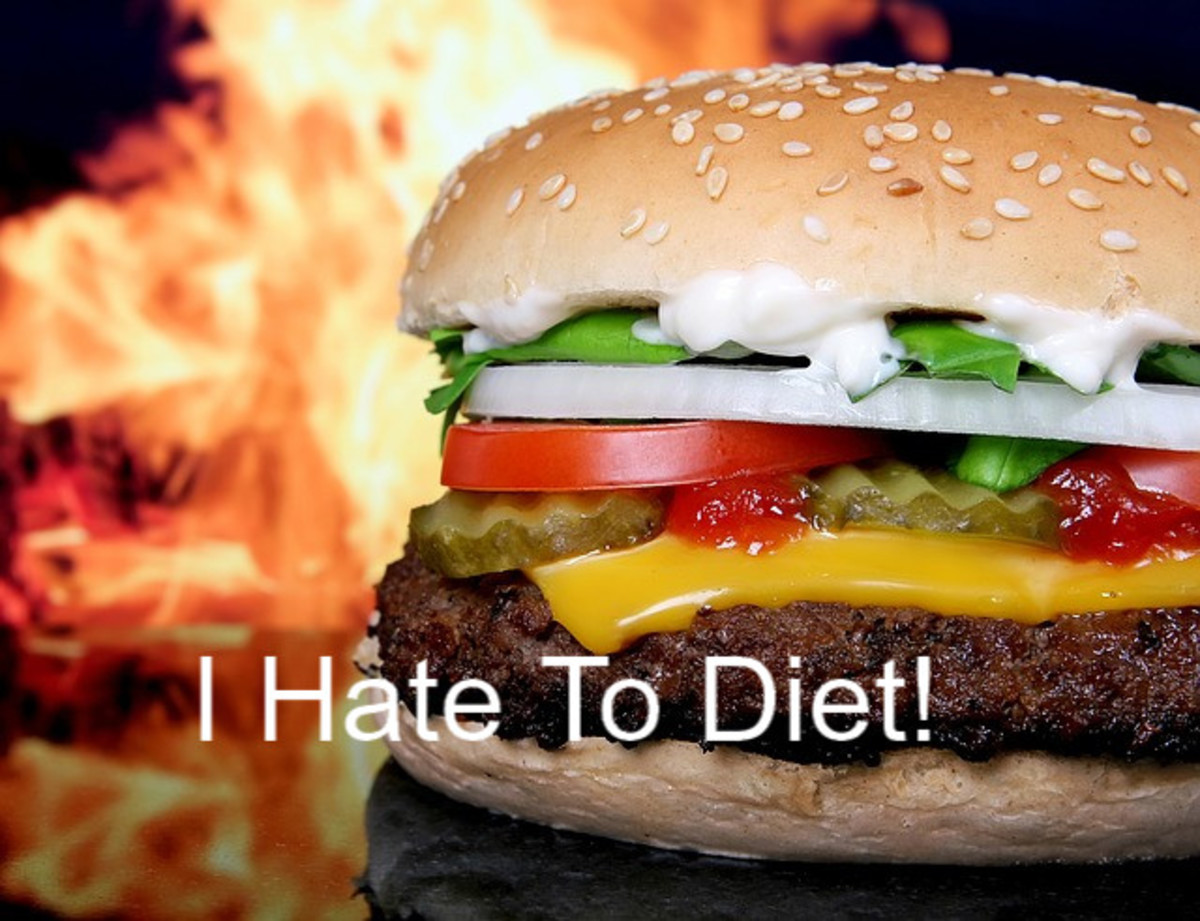- HubPages»
- Health»
- Diet & Weight Loss»
- Diet Advice & Tips
How to Stop Craving Sweets

Do you crave sweets all the time? Are you always thinking about the next sugary thing you can eat? If so, here are good suggestions that will help diminish your desire for sweet foods and desserts, so you will not be at the mercy of a sugar addiction.
When the temptation for your favorite cookies, candy, cake, or sweet beverage is lessened, you will make better choices and enjoy the improvement in how you look and feel.
Fruit with GI 55 and lower:
Apples
| ||
|---|---|---|
Berries
| ||
Cherries
| ||
Grapefruit
| ||
Oranges
| ||
Peaches
| ||
Pears
|
These fruits help keep your blood sugar levels steady.
Fruit with GI Higher than 55:
Bananas
| ||
Dates
| ||
Mangoes
| ||
Papayas
| ||
Pineapple
| ||
Raisins
| ||
Watermelon
|
These fruits raise your blood sugar levels.
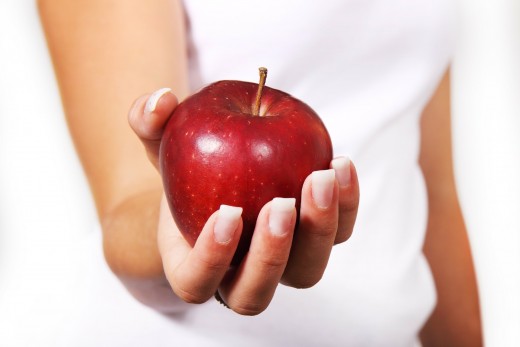
Substitute Low Glycemic Fruit for Sugary Sweets
Instead of reaching for cookies or a dough-nut, pick up a piece of fresh fruit, and enjoy its natural sweetness. Eat slowly, and savor every bite.
Fruit is sweet because it contains simple sugars, known as fructose. But don't just eat any fruit. Pick fruit with a high fiber content. Fiber is a complex carbohydrate that takes longer to digest than simple carbs, when means it doesn't lead to a spike in blood surgar levels. Thus, high fiber fruits rank lower on the glycemic index (GI), a method of rating food in terms of its particular impact on blood sugar levels.
See the charts with the different lists of fruit. Choose fruit from the first list with low glycemic levels of 55 and under, and avoid fruit from the second chart.
Nutritionists recommend that we eat two servings of fruit a day. Each serving should contain no more than 15 grams of carbs. So, if you really can't live without bananas, which are on the high GI list, eat a small one or half of a large one.
Just keep in mind that fresh fruit is always the best. Dried and canned fruit tend to be much higher in carbohydrates. You definitely want to avoid the syrup in canned fruit. So, reach for that beautiful red apple or the gorgeous orange!
Distract Yourself for 10 Minutes
When that sugar craving hits, distract yourself for at least 10 minutes. If you can get out of the house and away from your kitchen, all the better. Taking a short walk is great for this, because then you're getting exercise, too. Look at the clouds, listen to the birds.
Otherwise, another idea is to have a designated space in your house that's nowhere near food, and where you never take food. Have a good book in that room, a real page-turner, and read for 10 to 15 minutes. If you haven't forgotten about that chocolate cake in your fridge by then, at least you may be satisfied with a small slice instead of a big piece.


Get a Grip on Emotional Eating
Is there anyone who hasn't at some point used food as a substitute for love and attention? I doubt it. People also use food as a way to relieve stress and anxiety. But emotional eating all too often means giving in to a craving for sweets or some other high carb food, rather than eating something healthy like lean meat, whole grains, or a salad.
If you recognize that emotional eating takes place more and more often, then get some help with your personal issues. Along with that, taking the time to engage in a few minutes of stress reducing activity is a good habit worth developing. When you're tempted to reach for another candy bar or dig into ice cream for the second time, turn aside and take several deep, slow breaths. Focus on the air moving through your body. Or take five minutes to engage in some form of simple meditation. Meditation doesn't have to be time consuming or complicated. Just sitting quietly and focusing on a word or phrase that you associate with good feelings, such as "sunrise" or "gentle rain" can reduce unhealthy urges and turn your intentions in another direction.
Another idea for coping with the urge for emotional eating is to take a few minutes to write in a journal about your feelings. Allow a free flow of thoughts about whatever stress you're under. Write about why food is so appealing as a way to deal with this stress. Review what you wrote the day before. This is a great way to understand yourself better.
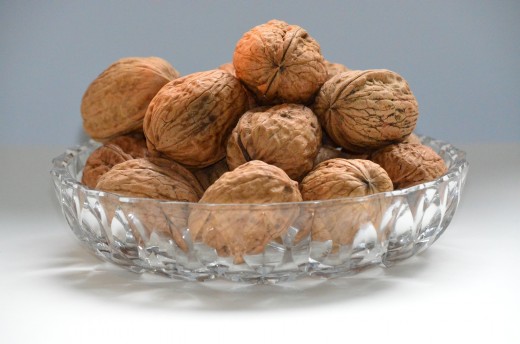
Eat Often
Eating often helps prevent dips in your blood sugar level. If you're dealing with cravings, the stress of trying follow the "rule" to not eat between meals is a bad idea and will just make you tired and miserable.
Having a healthy snack between your three daily meals is important. Nuts like almonds and walnuts are perfect snack food, since the healthy fat they contain slows down the absorption of sugar. Eating every 3 to 4 hours is the standard advice, but you may need to eat more frequently. You have to follow the cues from your own body. Just make sure what you eat tastes good and is healthy!
Get Daily Exercise
Besides being a message from your brain begging for an emotional reward, the craving for sweets is often a way your body is telling you it needs more energy The best way to get more energy is to exercise. Every self-help guide talks about the need for exercise. Even if you find the subject boring or irritating (I know all about that), you can't ignore the truth about the benefits of daily exercise.
Taking a walk everyday is a great habit, but to really generate more energy, we need a vigorous workout that lasts for at least 20 minutes. This workout has the added benefit of stimulating our brain's endorphins, which produces a quick emotional high. This is a much better "reward" than a high carb dessert.
Some ideas for a workout are a brisk walk outside, riding a bike, spending 20 minutes at a good speed on a treadmill, taking a swim, or going for a jog.

Effects of Eating Too Many Sweets
There's nothing wrong with an occasional sweet treat, but if you give in to a craving for sweets several times a day, you have a problem.
Most nutritionists agree that excessive sugar consumption is a major issue leading to all sorts of health problems.
Not only are you consuming way too many calories (and we know what that leads to), but you're creating fluctuations in your blood sugar levels that can become seriously problematic. Spikes and dips in your blood sugar levels in turn contribute to mood swings that can affect your productivity and ruin your day. More significantly, you're putting yourself at high risk for type 2 diabetes. Your memory can also be affected: studies have shown that high blood sugar levels adversely affect how well a person performs memory-related tasks. Your heart and liver can also be adversely affected by high doses of sugar.
Don't be a slave to sugar. Talk to your doctor and follow his/her advice. Maybe you have friends who have kicked the sugar habit who can offer support. The ideas discussed above for food and lifestyle changes should be of some help.
© 2015 SusanSaies


